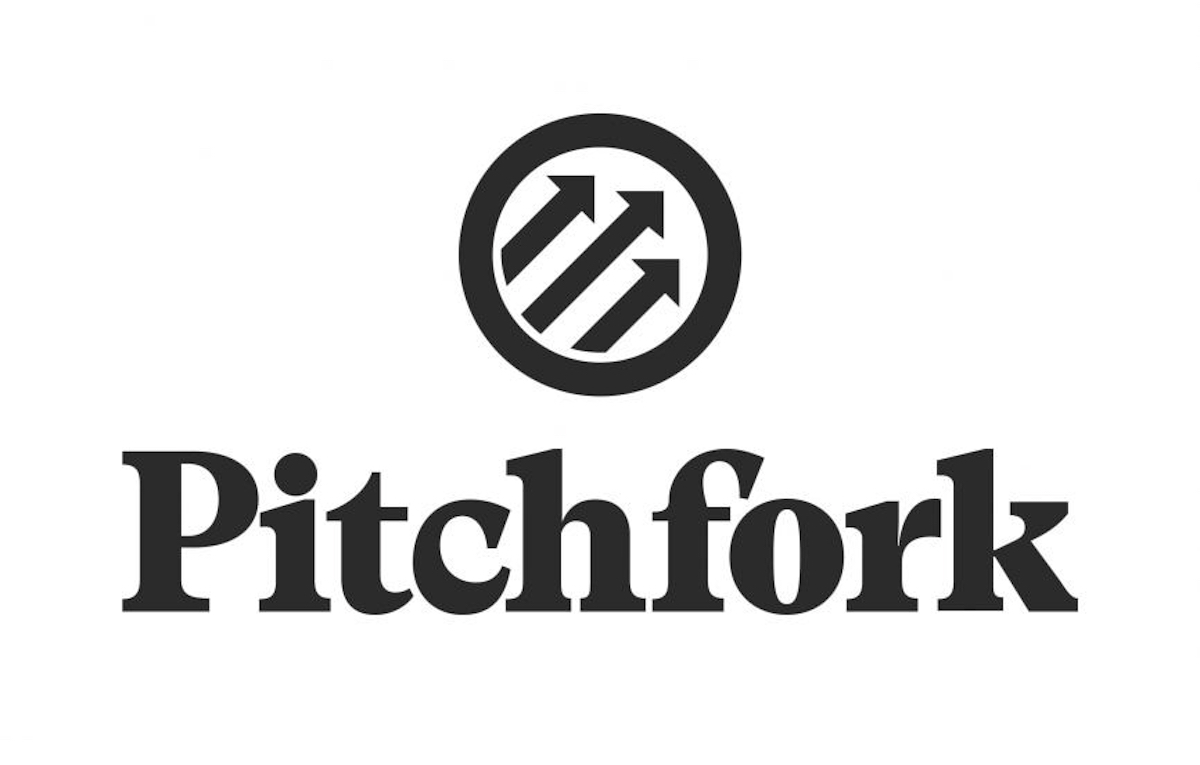The announcement contained in an email from Anna Wintour is making waves in the world of music and American music journalism, and beyond. The Vogue director, in her role as Global Chief Content Officer of the Condé Nast conglomerate, which has owned Pitchfork since 2015, announces the dismantling of the editorial team of the music website. In other words: layoffs and the transfer of editors under the control of GQ.
The decision, writes Wintour, “was made after careful evaluation of Pitchfork’s performance and what we believe is the best path forward for the brand, so that the company can continue to cover music.” Both Pitchfork and GQ “have a unique and valuable way of doing music journalism, and we are excited about the new possibilities together.”
News: In a note to staff, Condé Nast announces that Pitchfork is being moved under GQ. pic.twitter.com/8NzvtYKFLB
— Max Tani (@maxwelltani) January 17, 2024
Not everyone is equally enthusiastic. The news doesn’t only concern the American editorial world. Launched in 1996, when few were focusing on online platforms, in the 2000s Pitchfork became a globally recognized symbol of music journalism focused on alternative scenes. That’s why the acquisition by Condé Nast in the mid-2010s was criticized: would Pitchfork remain an independent voice after being acquired by such a massive publisher?
This is a question that has resurfaced after the spread on social media of Wintour’s letter. It is unknown what will happen to Pitchfork, and Wintour herself announces meetings to discuss the future of the publication. Many on X consider it dead: the end, in fact, of a model of music publishing that reaches a broad audience while also highlighting independent artists. And it comes after the death of many print publications and the change in the model of music journalism, perhaps even its decline in a world where new music is discovered through Spotify algorithms and TikTok trends.
According to one of the laid-off employees, Matthew Ismael Ruiz, the measure affects half of the editorial team. Besides solidarity for the journalists, who one by one have tweeted their thoughts, thanking the publication for giving them a “voice,” another topic under discussion is the incorporation into the GQ editorial, a magazine (the name is an acronym for Gentlemen’s Quarterly) made for a certain type of male audience. If this is the target aimed at, and even if something of Pitchfork survives, there are fears that that something is destined to be distorted.
The tone of the comments oscillates between anger, sadness, and regret, even for the unusual breadth of genres covered by Pitchfork. For Amanda Petrusich, one of the most respected music journalists in the United States who has written for the site and is now at the New Yorker, Condé Nast’s decision could even represent the death knell for the album review format. Reviews that have always been one of Pitchfork’s strengths, not without controversy given the assigned ratings.
Wouldn’t have a career without Pitchfork. Probably wouldn’t know much about music, either. Feels like a death knell for the record review as a form. Absolutely gutted for my dear, dear friends & colleagues.
— Amanda Petrusich (@amandapetrusich) January 17, 2024
Even those who received a 0.2 (out of 10) for their album, like producer Dan Le Sac, write on X that “the fact that Pitchfork has been dismantled is a negative for musicians worldwide. And I say this as a proud owner of what is (potentially) the lowest score on the site” (in reality, NYC Ghosts & Flowers by Sonic Youth received a zero). Among the many, Simon Reynolds, one of the greatest living music critics, has also spoken. For him, too, it’s a sad day for music journalism.
An awful day for music journalism, music journalists – and for music, too. Saluting all the great editors I’ve worked with at Pitchfork and my fellow contributors.
— Simon Reynolds (@SimonRetromania) January 17, 2024




